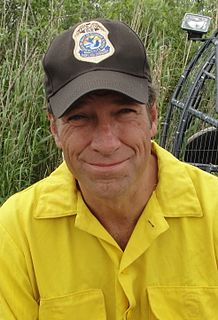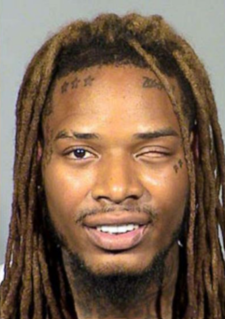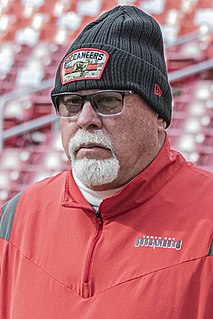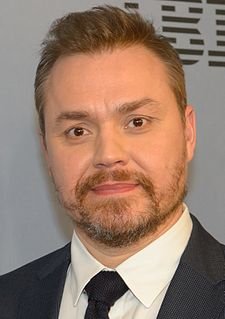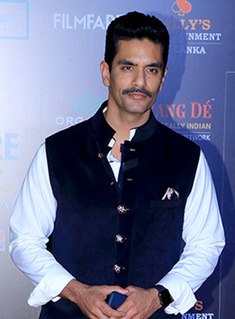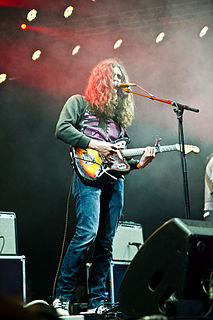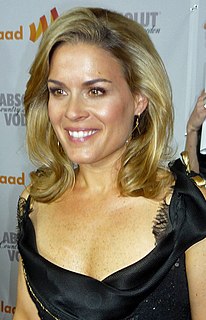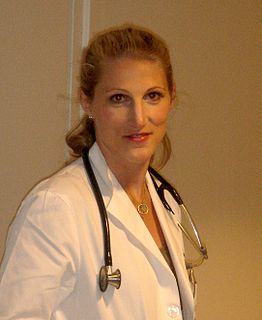A Quote by Crystal Bowersox
I did grow up poor. My mom managed to get a job as a custodian at our church, and it was really just a favor for her, and my dad's an electrician - just a blue-collar family, and the house was usually falling apart.
Related Quotes
I come from a blue collar family, but my personal life isn't. I didn't get the gene that my grandfather had in spades. He was a local hero. Built the church that I went to. Built the house I grew up in. Steamfitter, pipefitter, electrician, mechanic and plumber. I wanted to do those things. But it just didn't come easy.
My mom, my father, my little sisters, and my brother - I don't got that much family. I'm not really a family person. I just do my own thing. But I've just been spending time with my mom, especially since the [September motorcycle] accident happened. I drive all the way down there to Georgia just to check up on her. You just get tired of being that person that you thought you were. I don't feel no different. I see the music, because I made it. I don't really see the fame.
There's a misconception that I can't relate to the quote-unquote 'Asian-American experience' because I didn't grow up with an Asian mom and dad. And that's just not true. I am Asian American, and so playing a girl who is half Korean, half white, but her white dad tried really hard to connect with her mom's heritage - that's very familiar to me.
[My dad] didn't do much apart from the traditional winning of bread. He didn't take me to get my hair cut or my teeth cleaned; he didn't make the appointments. He didn't shop for my clothes. He didn't make my breakfast, lunch, or dinner. My mom did all of those things, and nobody ever told her when she did them that it made her a good mother.

